Polygon’s ZK-rollup Ethereum scaler Miden hits testnet
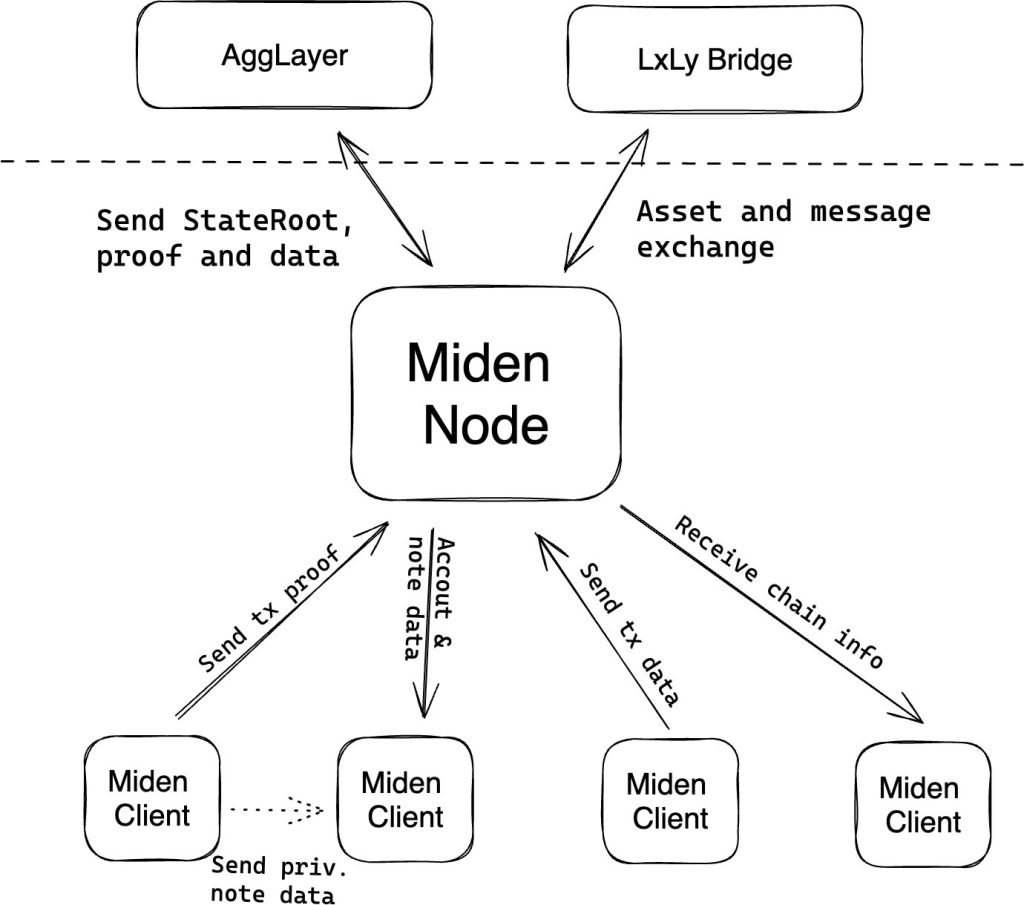
The Ethereum layer-2 scaling solutions provider is going up against StartWare’s tech stack Starknet.

Ethereum layer-2 developer Polygon has launched an alpha version testnet of its latest zero-knowledge (ZK)-rollup solution called Miden as Ethereum scaling competition heats up.
In a May 6 X post, Polygon said the Polygon Miden Alpha Testnet zero-knowledge was live for developers to begin testing. Miden is a ZK-rollup designed to extend the capabilities of the Ethereum blockchain.
Polygon’s latest solution — like other ZK-rollups — uses a type of cryptography where data can be verified or “proved” without revealing what the data consists of to the rest of the network.
Miden also has client-side proving, where users can “locally generate proofs for their own state transitions without having to disclose the state to the network,” Polygon explained. This aims to lower the burden on the network and improve privacy and scalability.
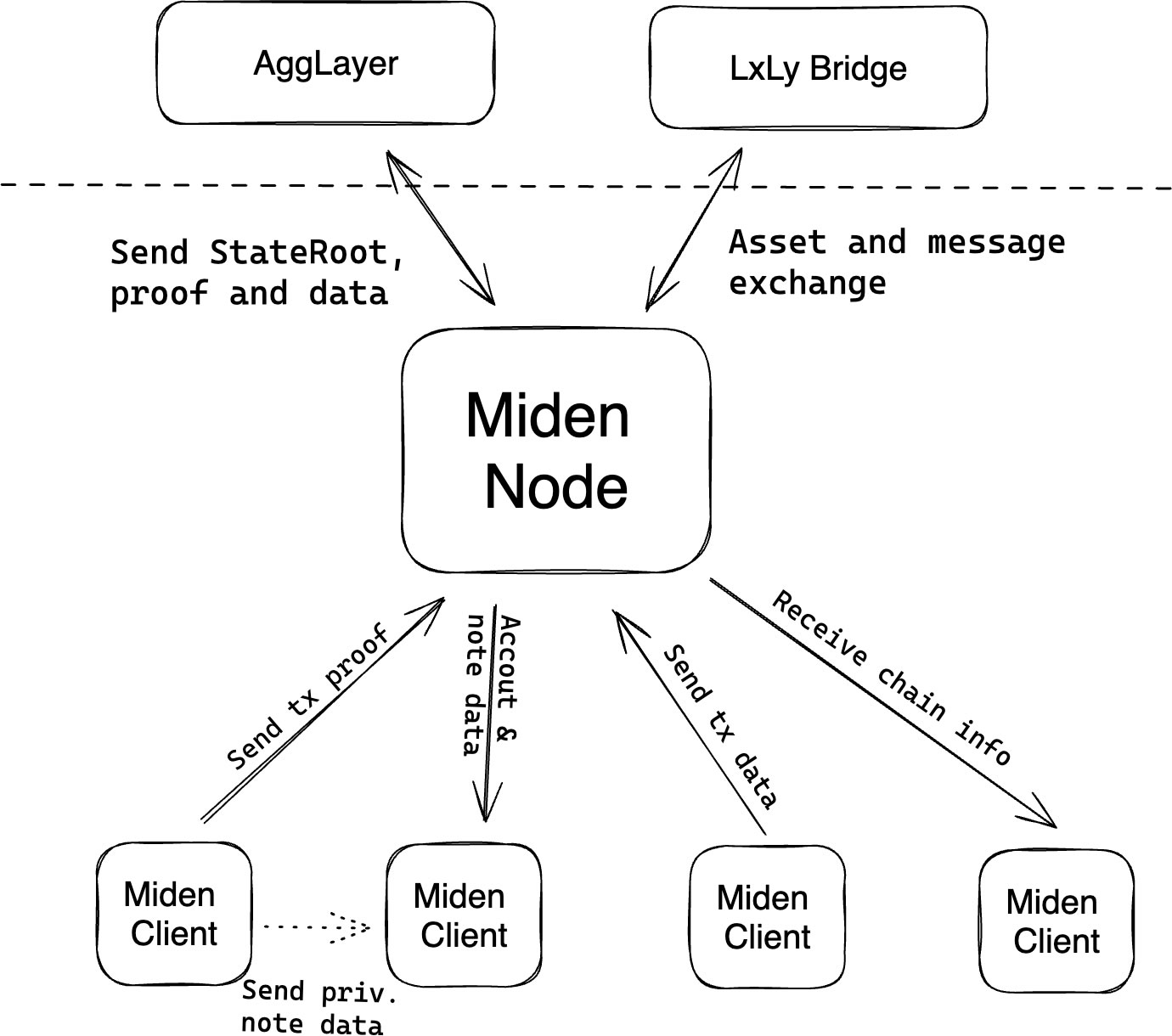
Miden also enables additional functionality such as private accounts enabling private tokens and transactions where only the hash of the account is stored on-chain.
Miden also leverages parallel transaction execution — where transactions can be processed concurrently — enabling it to achieve a much higher throughput compared to the Ethereum mainnet and reduce blockchain node state bloat.
Other planned key features include customizable smart contracts and customized node scripts where users will be able to write their own note scripts using the Miden virtual machine (VM) and programming languages such as Rust.
According to the Miden roadmap, a builders testnet is scheduled for September. There is no mention of a mainnet launch timeframe.
Related: Vitalik Buterin breaks down ‘Binius’ as a way to speed up zero-knowledge proofs
Miden has entered a market in direct competition with StarkWare’s layer-2 scaling network and rollup tech stack StarkNet and other alternatives such as Matter Labs’ zkSync Era.
Polygon also builds zkEVM a scaling solution equivalent to Ethereum Virtual Machine, allowing most existing smart contracts, tools, and wallets to work seamlessly.
The blockchain’s native token Polygon (MATIC) did not react to the testnet launch falling 3.7% on the day to trade at $0.704 at the time of writing.

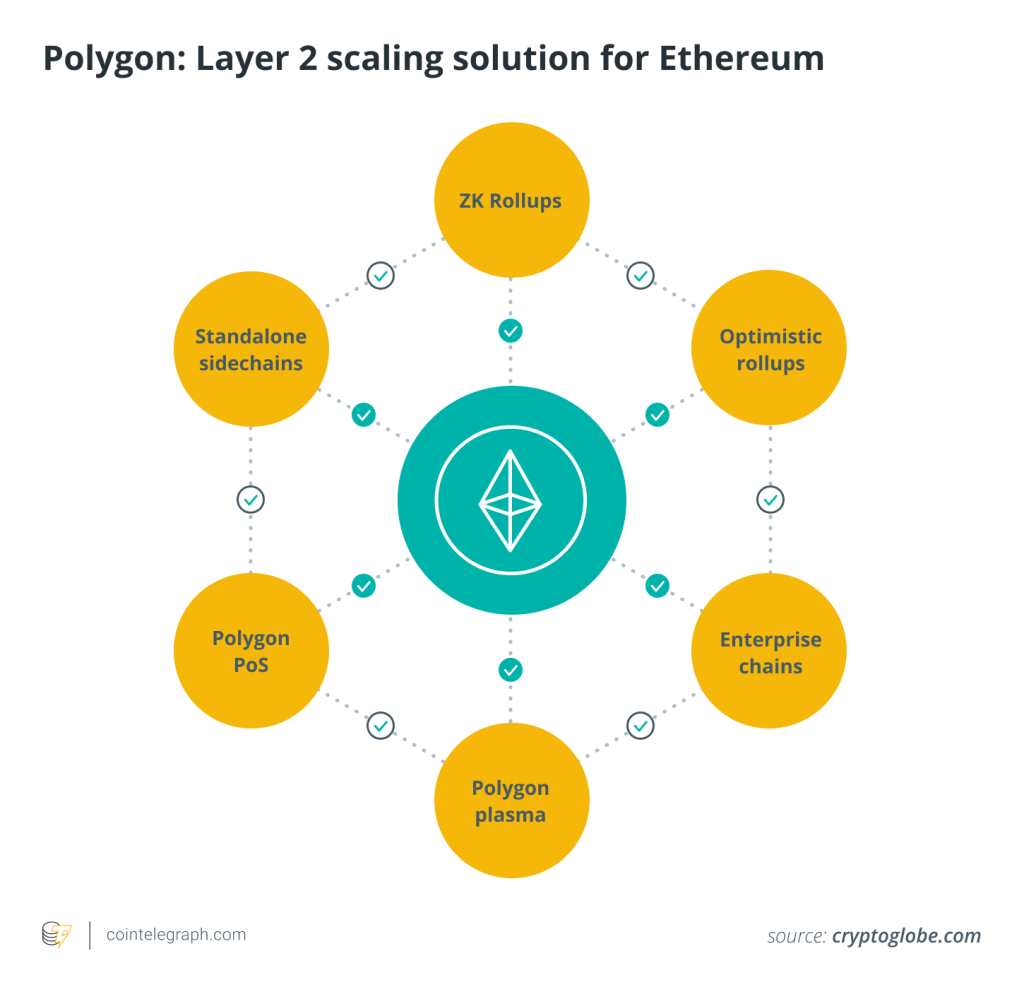
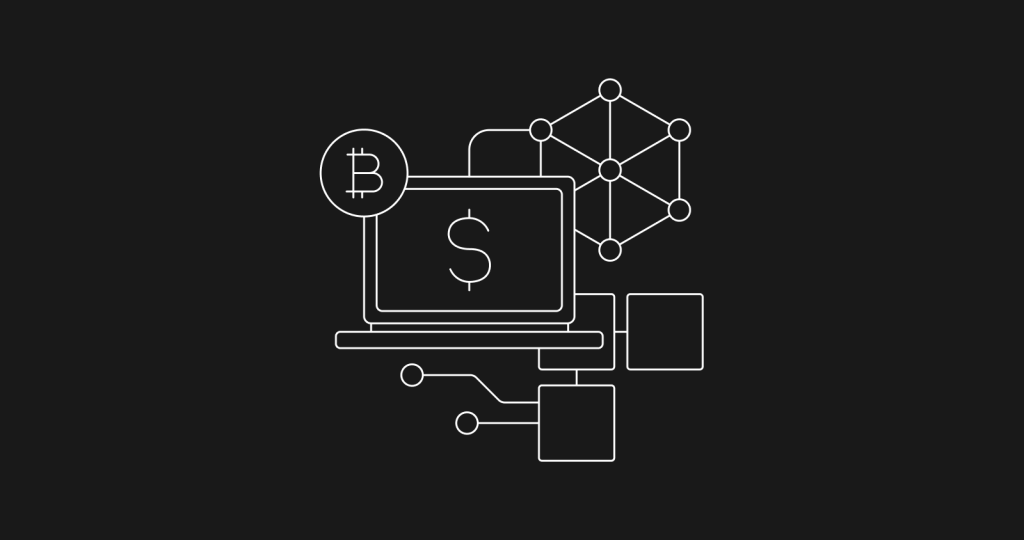
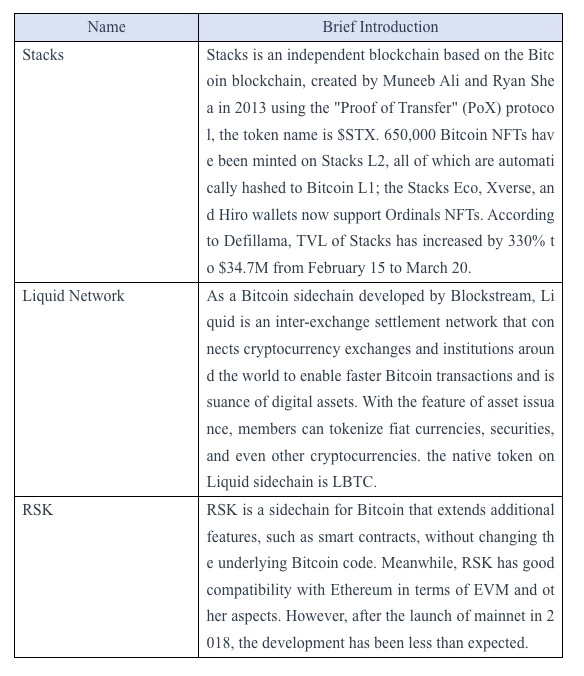
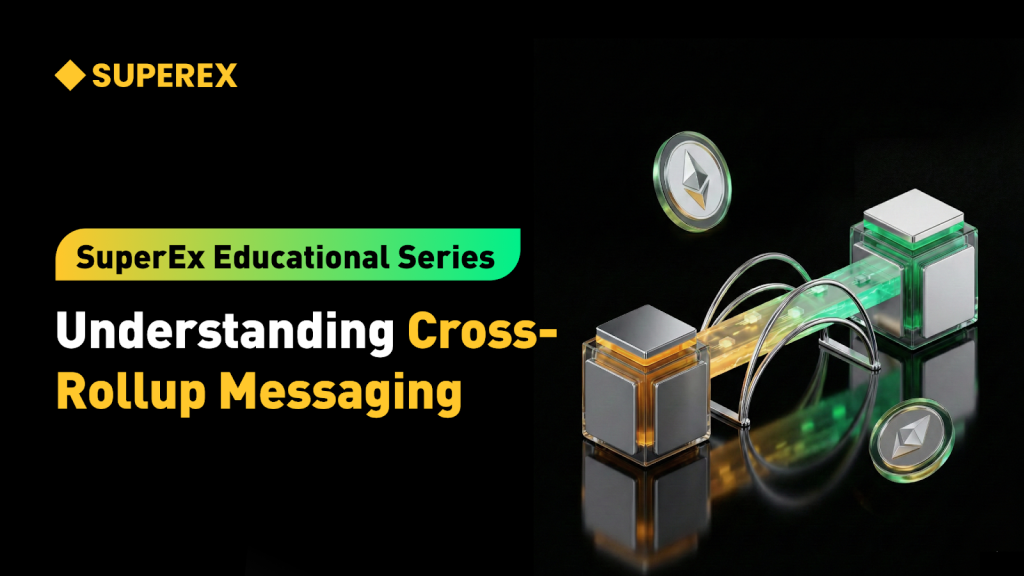
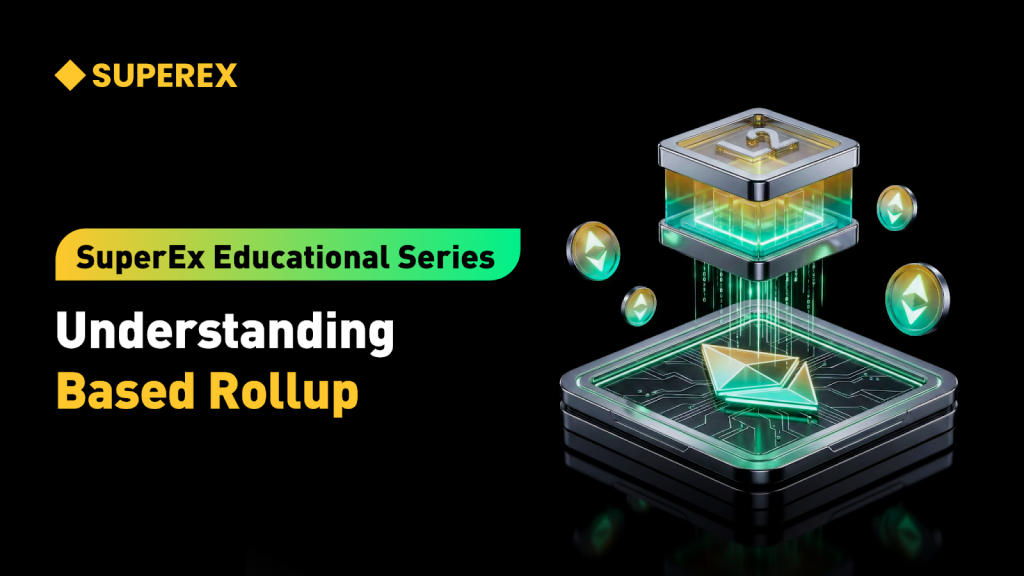
Responses